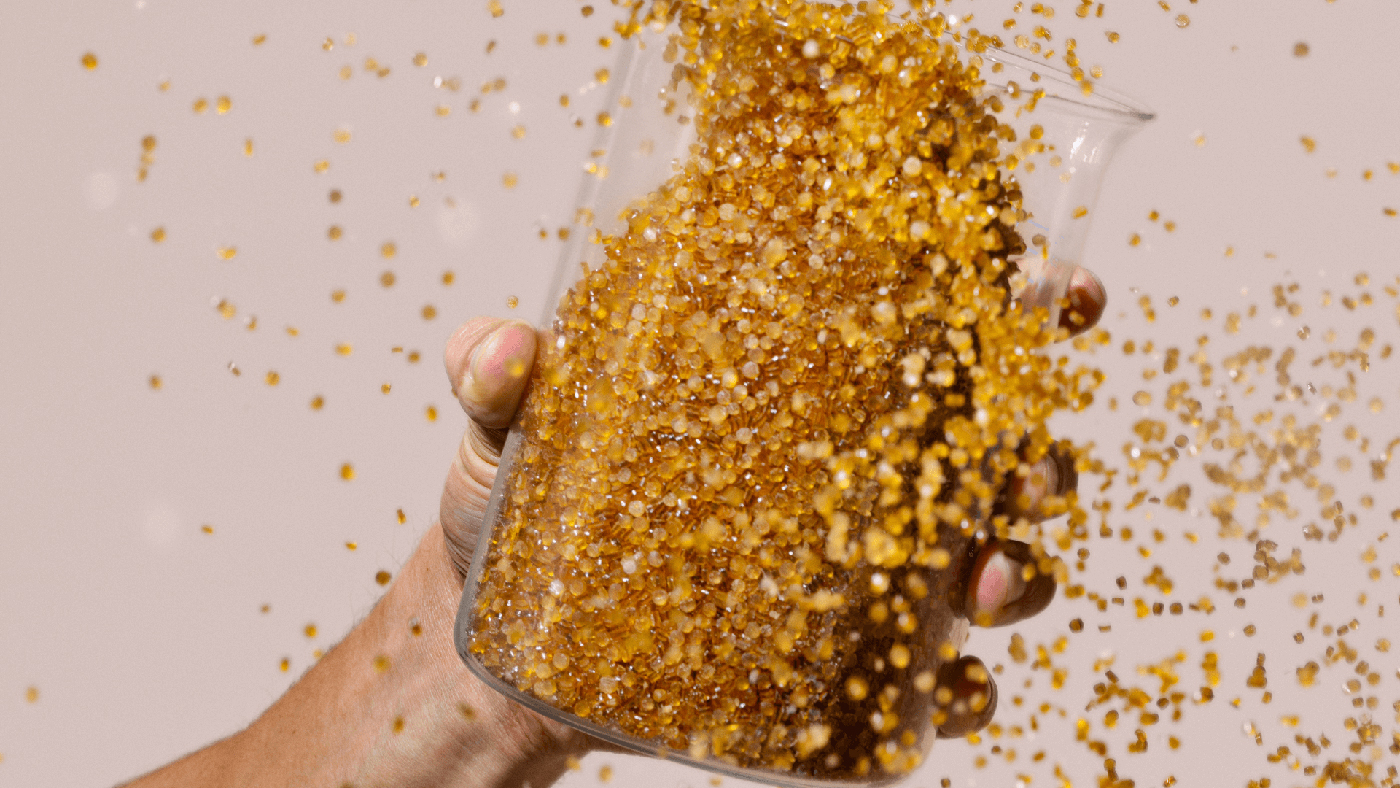Sway, a California-based startup, announced a breakthrough technology that enables seaweed to replace flexible plastics at scale for the first time. The new technology involves a patent-pending Thermoplastic Seaweed resin (TPSea™), a 100% biobased, home-compostable, and microplastic-free ingredient derived from a regenerative ocean crop. This innovation can replenish ecosystems and support coastal communities.
Sway’s technology is designed to integrate seamlessly with large-scale plastic manufacturing systems, allowing for significant growth and impact. The packaging sector generates the largest amount of single-use plastic waste globally, and Sway’s product portfolio, made with TPSea™, includes flexible packaging applications like polybags, retail bags, and food wrappers for consumer brands, representing approximately 30% of all single-use plastic packaging.
This launch coincides with Sway’s successful $5 million seed round led by Third Nature Investments, with participation from The Helm, Alante Capital, BAM Ventures, Superorganism, and other industry-aligned investors. The funds will be used to scale Sway’s product portfolio and encourage adoption by fashion, food, and home goods brands such as J.Crew, Burton, and those associated with the TOM FORD Plastic Innovation Prize.
“Clean oceans, abundant biodiversity, and thriving coastal economies are intertwined with Sway’s success as we accelerate production in 2024,” says Julia Marsh, CEO, and co-founder of Sway. “We believe everyday materials should help replenish the planet from sea to soil. The launch of our thermoplastic seaweed materials, along with an influx of new capital targeted at scaling production, signifies tangible progress toward a more circular future.”
Sway’s seaweed materials offer the technical performance brands desire while providing ecological and societal benefits, paving the way for reduced plastic pollution and broader access to biodegradable materials. TPSea™ resin, film rolls, and finished packaging are now available to packaging manufacturers and consumer brands for adoption.
“Our expansive network of eco-conscious brands are always looking for restorative alternatives to today’s mainstream packaging materials. We see this demand across all industries, from food to fashion to cosmetics,” says Saloni Doshi, CEO of EcoEnclose. “With tangible shifts in customer values, brand sustainability commitments, and packaging legislation, it’s clear that innovation leaders like Sway have a keen market ready to adopt their truly unique, thoughtfully produced, biobased materials.”







